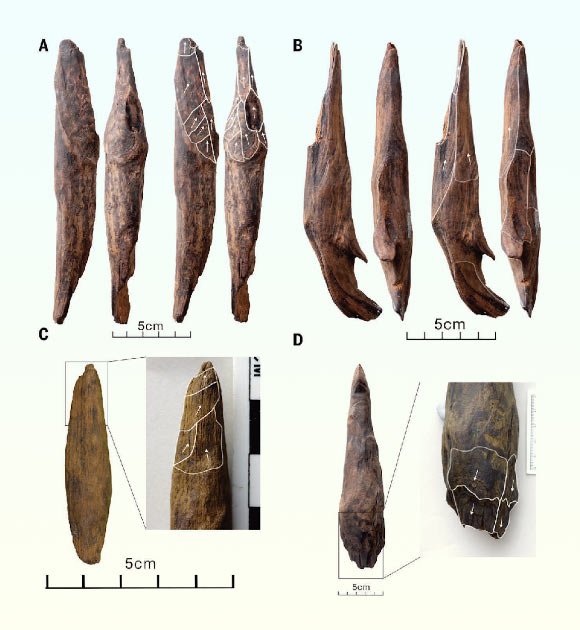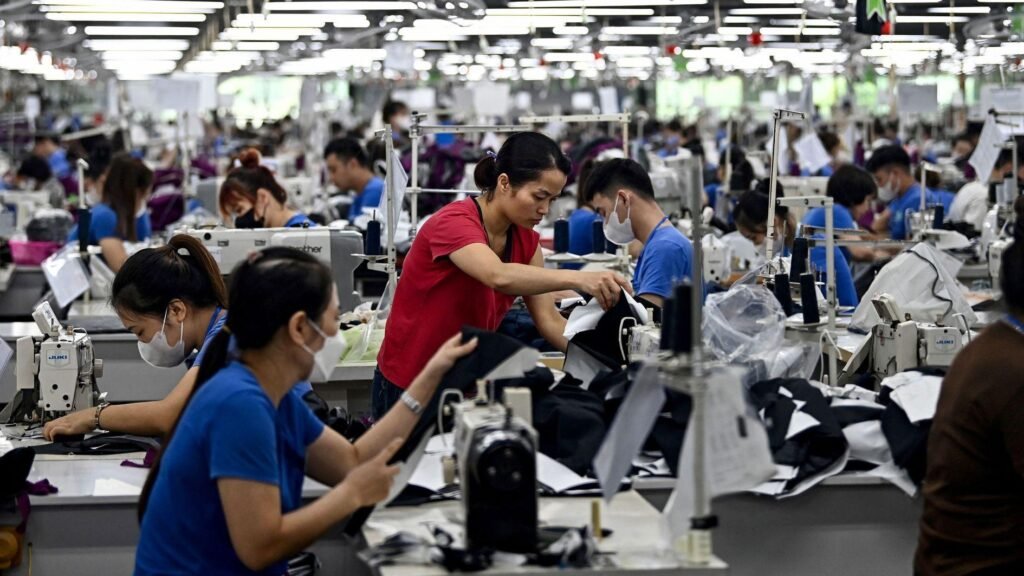The decision on rolling out the “Quad Critical Minerals Initiative” was announced after a meeting of foreign ministers of the member nations of the grouping in the US capital on Tuesday.
Critical minerals such as lithium, nickel and graphite are considered vital for high-end technology products, including electric vehicles (EVs), drones, and battery storage. China has been a dominant player in the critical minerals supply chain globally.
The meeting was attended by External Affairs Minister S Jaishankar, US Secretary of State Marco Rubio, Australian Foreign Minister Penny Wong and her Japanese counterpart Takeshi Iwaya.
In a joint statement, the Quad foreign ministers expressed “deep concern” over the “abrupt constriction and future reliability” of key supply chains, specifically for critical minerals, remarks which are seen as directed at China.

Live Events
The ministers unveiled a broader agenda covering four areas: maritime and transnational security, economic prosperity and security, critical and emerging technologies, and humanitarian assistance and emergency response. The Quad said it is committed to advance a free and open Indo-Pacific and is aiming to strengthen energy security across the region besides promoting resilient supply chains and quality infrastructure projects that are transparent and secure. It was also announced that the grouping will formally launch the “Quad Ports of the Future Partnership” by hosting a transportation and logistics conference with Indo-Pacific partners in Mumbai in October 2025.
A readout of the foreign ministerial meeting said the new initiative on critical minerals is an “ambitious expansion” of the Quad partnership to strengthen economic security and collective resilience by collaborating on securing and diversifying critical mineral supply chains.
“Today, Quad Foreign Ministers are proud to announce the launch of the Quad Critical Minerals Initiative, an ambitious expansion of our partnership to strengthen economic security and collective resilience by collaborating on securing and diversifying critical mineral supply chains,” it said.
“This new flagship initiative, alongside the high-impact programmes and outcomes the Quad is realising, will enable our four countries to bring economic opportunity and prosperity to our people and the region,” it said.
In a joint statement, the Quad foreign ministers expressed “deep concern” over use of non-market policies and practices for critical minerals and mineral processing technology.
“We underscore the importance of diversified and reliable global supply chains. Reliance on any one country for processing and refining critical minerals and derivative goods production exposes our industries to economic coercion, price manipulation, and supply chain disruptions, which further harms our economic and national security,” they said.
A fact-sheet unveiled at the end of the meeting said the Quad is expanding maritime law enforcement cooperation which will support efforts to curtail illicit maritime activity, including piracy, drug trafficking, infringements on border security, and illegal, unreported, and unregulated fishing.
It also noted the launch of the first-ever “Quad-at-Sea Ship Observer Mission” this month.
The initiative is aimed at strengthening interoperability and knowledge-sharing to address unlawful maritime activities across the Indo-Pacific.
Later this month, the Quad will hold the second maritime legal dialogue to advance efforts to uphold maritime order, the document noted.
It said the “Quad Critical Minerals Initiative” will strengthen cooperation on priorities such as securing and diversifying reliable supply chains, and electronic waste, critical minerals recovery and re-processing.
“The initiative will expand the Quad’s cooperation on supply chain resilience measures for critical minerals, and we look forward to coordinating with private sector partners to facilitate increased investments,” it added.


![[News] NXP Reportedly Eyes Local Foundry Partner to Boost Full Chipmaking in China](https://koala-by.com/wp-content/uploads/2025/07/NXP-Hamburg-Germany-624x416.jpg)





